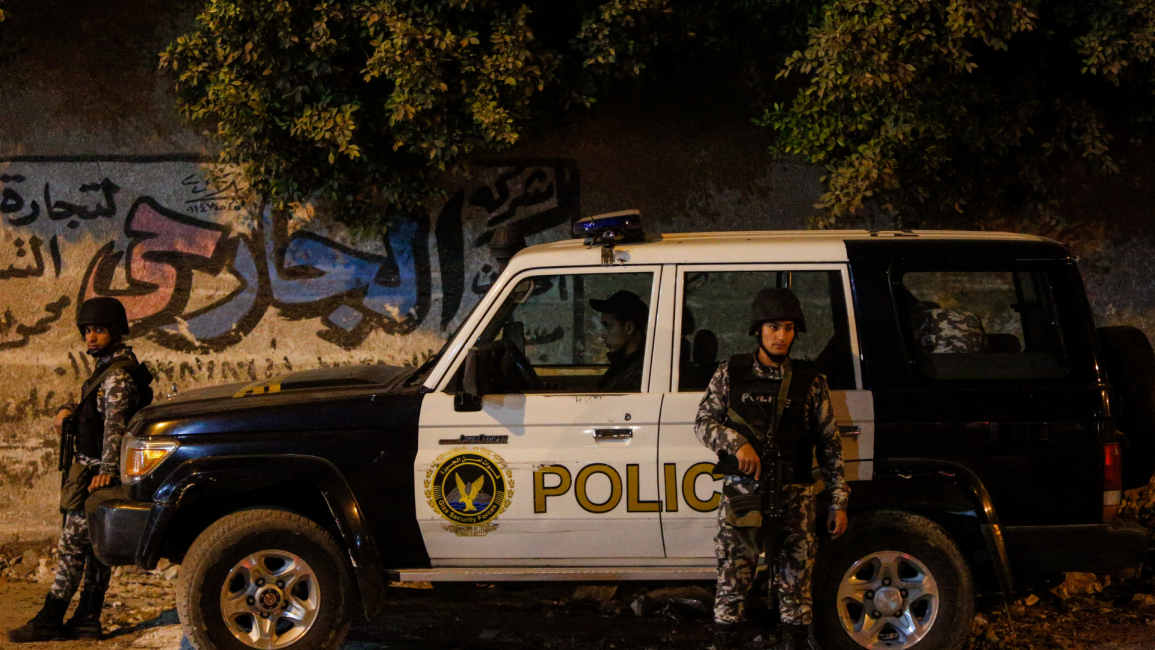Egypt prosecution says 'no criminal suspicion' in economist's death
Egypt's public prosecution said on Tuesday that an investigation showed "no criminal suspicion" in the death of economist Ayman Hadhoud, who died in a state mental health facility last month.
Hadhoud went missing on February 5, according to his family. His brother Omar Hadhoud had told AFP that the family was advised on Saturday to "retrieve the body from the Abbasiya" mental health facility.
"According to official records in the prosecution, (Ayman) died on March 5," his brother said.
A police statement on Sunday denied he had been "forcibly disappeared".
The prosecution said in a statement released early on Tuesday that Hadhoud died on March 5 of "hypotensive shock and cardiac arrest".
"The prosecution examined his body and found no injuries, and called in a health inspector to conduct an external examination... which confirmed no criminal suspicion to the death, and police investigations confirmed no criminal suspicion to the death," the statement said.
The results of a separate autopsy the prosecution ordered on Monday have yet to be released.
Ayman Hadhoud was a member of the liberal Reform and Development Party and an economic policy adviser to the party's founder Mohamed Sadat, the nephew of former president Anwar Sadat.
Mohamed Sadat has recently emerged as an unofficial negotiator on behalf of figures imprisoned under the administration of Egyptian President Abdel Fattah al-Sisi.
Medical personnel determined that Hadhoud suffered from "schizophrenia", "delusions of persecution" and "delusions of grandeur", Monday's prosecution statement said.
It included testimony from Hadhoud's other brothers Adel and Abu Bakr, who said the deceased had a history of "disordered behaviour".
The pair "do not suspect criminal cause to their brother's death", according to the prosecution statement.
The interior ministry had said on Sunday that Hadhoud was placed in a mental health facility on February 6 after attempting to break into an apartment in central Cairo.
His brother Omar, who is also a lawyer, disputed this account, noting that "there would have been a court case".
He said that three days into Ayman's disappearance, Adel Hadhoud was called into the Al-Amiriya police station "to collect him" but was interrogated instead.
"And then they completely denied detaining (Ayman)", Omar Hadhoud had told AFP.
Mushira Khattab, head of Egypt's state-affiliated National Council for Human Rights, called Sunday for an investigation into "allegations that Dr. Ayman Hadhoud had been forcibly disappeared".
Rights groups say Egypt is holding some 60,000 political prisoners, while Sisi and his supporters insist there are none.
Egypt has recently freed several prominent political detainees, raising hopes for an easing of a sweeping crackdown on dissent, but rights activists say repression remains "systematic".



